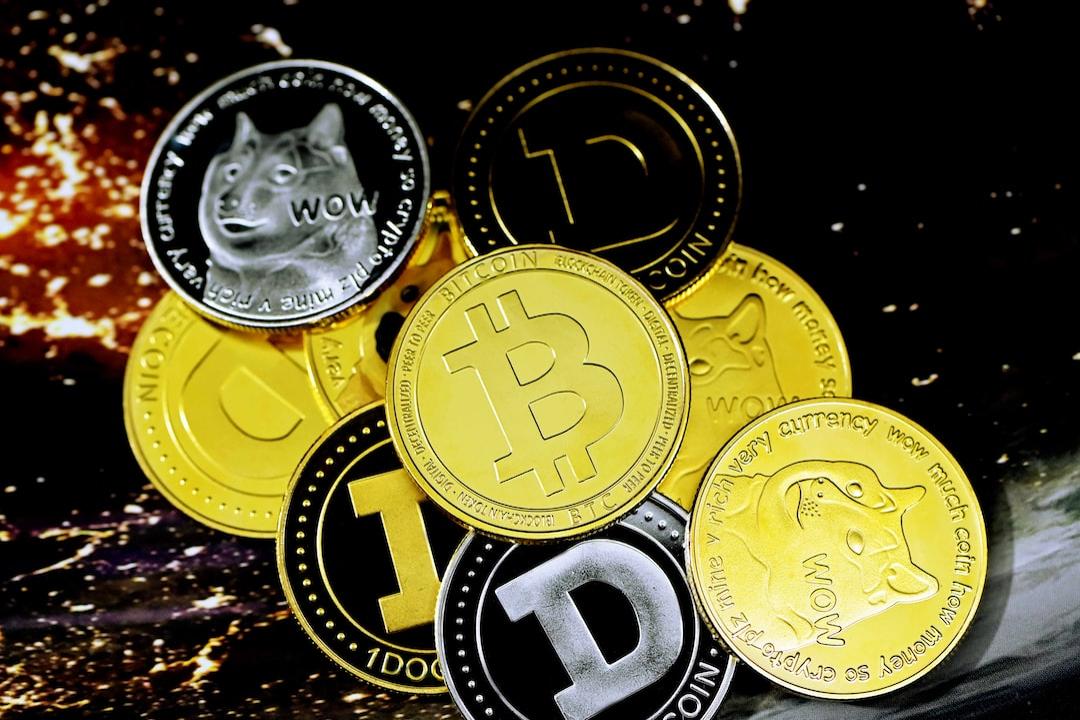OpenSea, the NFT trading marketplace, recently announced its support for the ERC721-C Ethereum NFT (non-fungible token) standard. This standard was developed by game company Limit Break with the aim of allowing creators to enforce royalties on secondary market transactions.
Previously, OpenSea had been a defender of NFT royalties and even launched the “Operator Filter” tool in 2022, which allowed creators to collect a certain percentage of royalties with each transaction. However, in order to maintain competitiveness, OpenSea had to reassess and adjust its royalty strategy, and in 2023, it announced the termination of the “mandatory” royalty payment system to creators.
Devin Finzer, the CEO of OpenSea, stated that the support for ERC721-C comes with the recent release of the Seaport 1.6 NFT marketplace protocol, which will allow creators to set up mechanisms to ensure royalty payments before NFT transactions take place. Finzer shared that OpenSea has been actively seeking new ways to support creator earnings, and ERC721-C is the latest solution.
So, what is ERC721-C? It is a standardized protocol that allows creators to enforce royalties on the NFTs they create. It gives creators control over how their NFTs are transferred between different wallets and platforms, including whether a fee needs to be paid for the transfer.
Additionally, creators can set up diverse royalty sharing systems, distributing income to multiple stakeholders such as themselves, communities, and partners, thereby achieving a fairer and more diverse revenue-sharing mechanism.
This announcement comes at a time when OpenSea’s market share has been declining. According to data from Tiexo, its market share in the past 30 days has been below 7%. The current leader is Magic Eden, which recently launched a diamond reward program and is preparing for an upcoming NFT token airdrop.
OpenSea has long resisted launching its own token, similar to Blur or LooksRare. However, with competitors growing stronger and surpassing OpenSea after launching their own tokens or reward programs related to future token airdrops, Devin Finzer acknowledged in a recent interview with Decrypt that token rewards are indeed exciting and can motivate users to use and support their preferred protocols. However, he did not reveal whether OpenSea is considering issuing its own token.
“I think we’re just seeing this trend where tokens are becoming more and more common in the crypto space, and it’s really exciting. But we don’t have anything to share on that front,” Finzer said.
When asked about OpenSea’s plans to support the Bitcoin Ordinals inscription protocol, Finzer gave a similar response. He found the way Ordinals attracts Bitcoin enthusiasts interesting but emphasized the Ethereum ecosystem’s recent developments, such as the development of Ethereum Layer 2 blockchain Base, which is worth paying attention to.
Source:
Decrypt, Binance News

